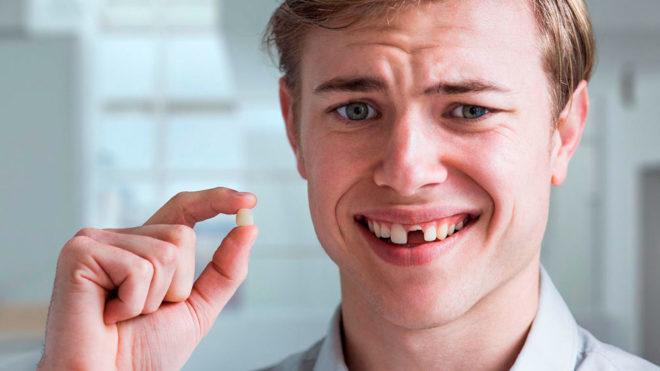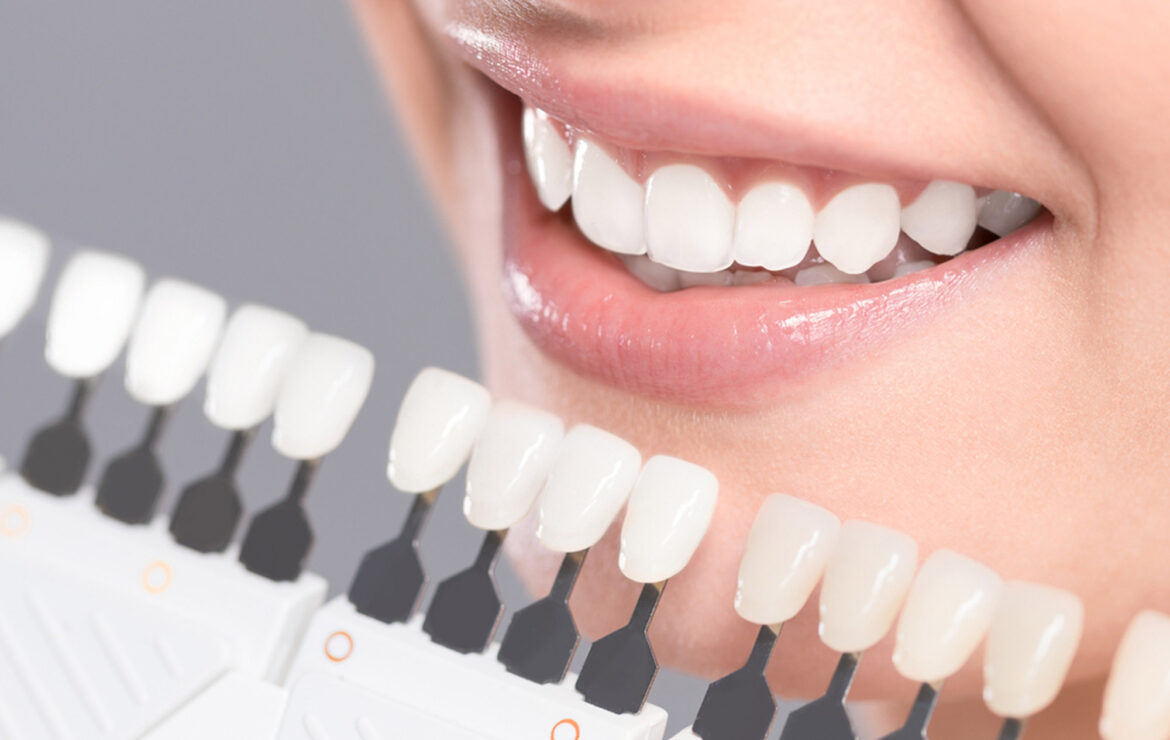Everyone will experience a toothache in their life, however it is a good idea to not jump to the conclusion that a toothache automatically means you have a cavity. When experiencing toothaches many people feel a pain in their mouth that varies from a sharp, a throbbing, or a constant pain. There could be swelling around a certain tooth, a bad taste in your mouth (due to infected tooth) or a fever or headache may even occur. If you are experience a toothache where pain is persistent for 1-2 days, it is important to see your dentist in order to determine the root cause and receive further treatment if needed. Below we have compiled a few causes and there symptoms that may occur in the form of a toothache, as well as the very important ways to prevent a toothache.
Potential Causes & Symptoms
- Cavity: Caused by tooth decay. Includes a variety of symptoms such as toothache, visible holes, brown black or white staining, pain when biting down or tooth sensitivity from eating or drinking hot or cold foods.
- Abscessed Tooth: Caused by an infection at the root of the tooth. Main symptom is pain and swelling in the bone around the tooth.
- Fractured Tooth: Caused by a chipped, broken or cracked tooth that is potentially hard for a dentist to locate. Includes a variety of symptoms such as erratic pain when chewing and pain from hot and cold food and beverages.
- Repetitive Motions: Caused by chewing or grinding motion. Main symptom is pain in jaw.
- Sinus Infection: Cause by inflammation or swelling of the tissue lining the sinuses. Main symptom is pain in upper teeth on both sides of your face.






